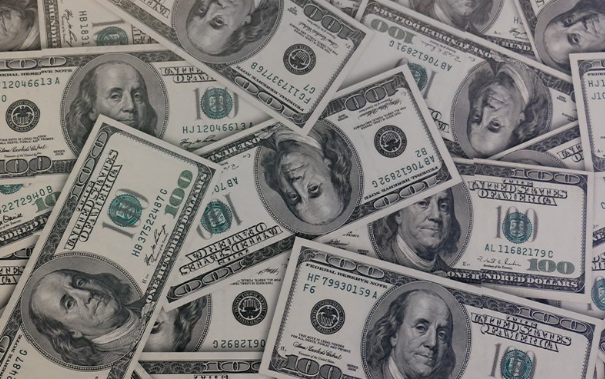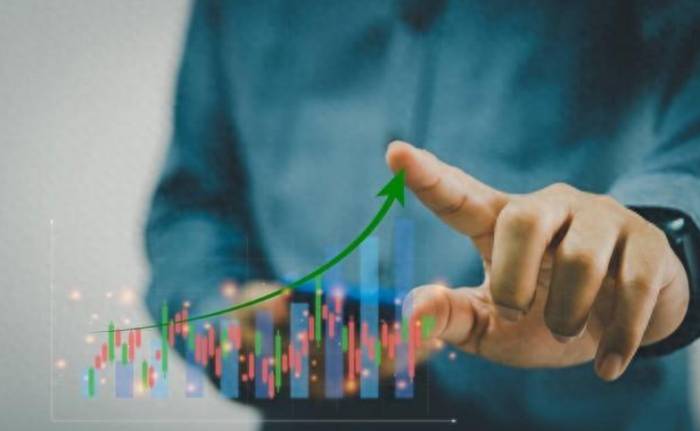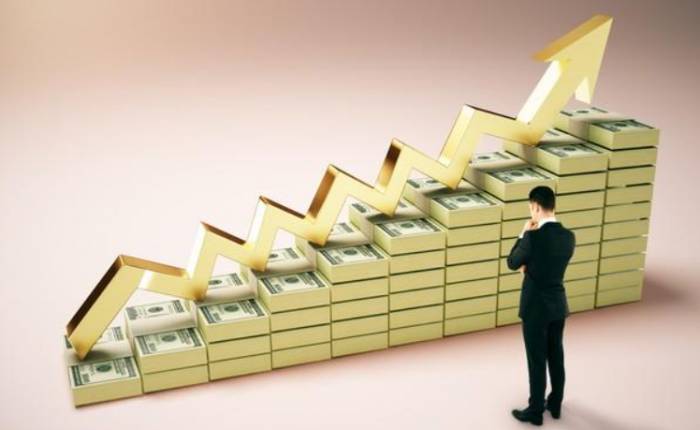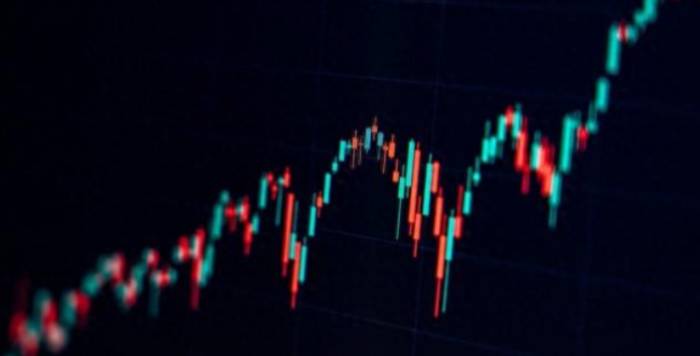Why do value investors prefer bear markets? Because bear markets allow value investors to buy more stocks of high-quality companies with excellent cost-effectiveness, and the investment risks in bear markets are low with high potential returns. Moreover, value investors can also make money in bear markets, and the arrival of a bull market only adds to the investment returns of value investors.
The current speculation of high dividend stocks in the A-share market is correct. We can assume the worst-case scenario - the A-share market has been fluctuating around 3,000 points for several years. Even so, as long as we invest in stocks with high dividend rates, we can achieve good investment returns through annual dividends. The stagnation of the A-share market at 3,000 points will not have a significant impact on the investment returns of value investors.
A friend asked, "Does value investing also need a bull market?"
Here I will answer this question in detail: Value investing has nothing to do with whether the market has a bull market or not. I often talk about the bull market in my articles just to boost the confidence of my fans and friends in holding stocks, which has nothing to do with value investing. The essence of value investing is to buy companies, become a shareholder of the company, and have a direct connection with the company's operations. The stock market is just a trading platform, and it has no connection with the core of value investing.
For example, if you invest in an excellent unlisted company, and this company gives you dividends every year that exceed the bank interest rate, would you continue to hold it under the premise of having no better investment projects? You may hold the company's stocks for decades, and even leave the equity to your descendants.
Note that as a shareholder of an unlisted company, you hold it for decades without the so-called bull market, but this does not affect your investment returns from the company. You can receive dividends every year, and you have a part of the company's assets, which is the true value investment.
Later, this company went public, and it continued to pay dividends, and it still had investment value. It's just that after going public, its equity can be easily circulated in the secondary market. Due to the increased tradability of stocks, they will be speculated by investors in the stock market, and the speculative attributes of stocks appear. The period when the speculative attributes of the market are most vigorous, the rise in stock prices exceeds their due value, and a large bubble appears. What is this? This is a bull market.
In other words, the circulation of equity in the stock market makes stocks have not only the attributes of value investment but also an additional layer of speculative attributes. Of course, we value investors can take advantage of the market bubble, that is, the bull market, to speculate appropriately and increase our own investment returns. When the market has no bubble or falls into a bear market, we value investors continue to hold stocks firmly to obtain dividends, and we can still achieve long-term investment returns.
Moreover, if the performance growth of the companies we hold is obvious, they will generally be sought after by the stock market, even in a bear market, the stock prices of our companies may rise. So value investors are not afraid of bear markets, and value investors can also have investment returns in bear markets, at least dividends can be obtained.Most of us ordinary investors do not understand value investing. The companies they buy have mediocre or even poor performance. In a bear market, not only do they experience significant declines, but they also offer very low or even no dividends. Due to their poor performance, their overall market performance in a bear market is also weak. Even if sometimes the stock price soars due to concept speculation, it is a fleeting trend, and eventually, it falls back. Therefore, they can only hope for the arrival of a bull market.
As a value investor, I really like the current 3000-point market fluctuation. The more the market fluctuates for a month, the more I can buy cheap stocks of excellent companies, which have been paying dividends at more than 4% for many years. The more the market fluctuates for a year, the more I can buy low-priced high-dividend stocks for a year. The more I invest, the more dividends I get every year. Even if there is no bull market, I will earn more and more. I am not afraid of no bull market, I am only afraid that the fundamentals of the listed companies will deteriorate.





























